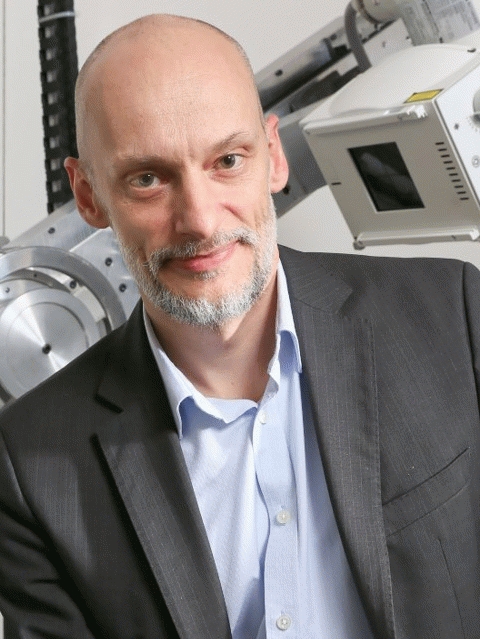Keynote Speaker 1: Prof Klaus Schönenberger - Science and technology for development, humanitarian action and peace promotion.
Technologies designed and deployed in high-income countries are often unable to deliver their full potential when transposed to Low and Middle-Income Countries (LMICs). The health sector is a key example where donated or purchased medical devices such as oxygen concentrators, neonatal incubators, anesthesia machines or diagnostic X-ray systems are generally short-lived in those contexts. The case of diagnostic X-ray imaging is particularly striking: 126 years after its invention, up to two thirds of the world population still does not have access to radiology services, according to the World Health Organization. Yet X-ray radiology is a crucial instrument for diagnosing health issues ranging from trauma to tuberculosis. The mismatch between needs and available solutions originates from the inappropriateness of both the technology and the business models.
This presentation will explore how science and technology that accounts for the context can be mobilized to address the unmet need for “essential” technologies and thereby support development. Our approach relies on three crucial pillars: cooperation, interdisciplinarity and entrepreneurship with a long-term sustainability perspective. The case of x-ray imaging is presented through a practical real-world example, wherein an innovation designed for the context has led to the creation of a spin-off company. We also note that these unmet needs are a result of poverty, but also, in many LMICs, due to humanitarian disasters and conflicts. The presentation will provide additional reflections on how science and technology can support humanitarian action and promote peace.
|
Klaus Schönenberger |
Klaus Schönenberger obtained an MSc in Microengineering (1993), followed by a PhD (1996) from the Swiss Federal Institute of Technology in Lausanne (EPFL). After a post-doctoral fellowship at Lawrence Livermore National Laboratory in California, he spent more than 11 years in the medical devices industry in leading positions, including as Vice-President of Worldwide R&D in a $100m company and Global Vice-Resident of Research and Technology in a $1bn company.
Motivated by concern about the huge imbalance in access to medical technology in industrialized versus low and middle-income countries, he left the industry in 2009 and co-founded the EssentialMed Foundation, an innovative non-profit venture. In 2011, after realizing that both technology and business models needed a profound rethinking for true impact, he joined EPFL, where he launched EssentialTech. Initially, this was a university-wide program aiming to develop innovative technologies and business models to support sustainable development in low and middle-income countries.
Several major Humanitarian actors such as the ICRC and MSF took notice of the unique approach proposed, which led to collaborations starting in 2015-16. In May 2017, Klaus directed and launched a MOOC (Massive Open Online Course) entitled “Technology Innovation for Sustainable Development” to help spread the methodology worldwide. In 2018, Pristem SA, the first spin-off company created thanks to this new approach, was launched. This award-winning company will deploy an innovative digital x-ray imaging system, specifically designed for low-income contexts. In December 2018, the EPFL presidency announced the creation of the EssentialTech Centre, where Klaus is now the Director. The Centre’s mission is to harness science and technology to drive sustainable development, support humanitarian action and foster peace. In 2020, HMCare, EssentialTech’s second spin-off company was created to bring a transparent surgical mask to market.


